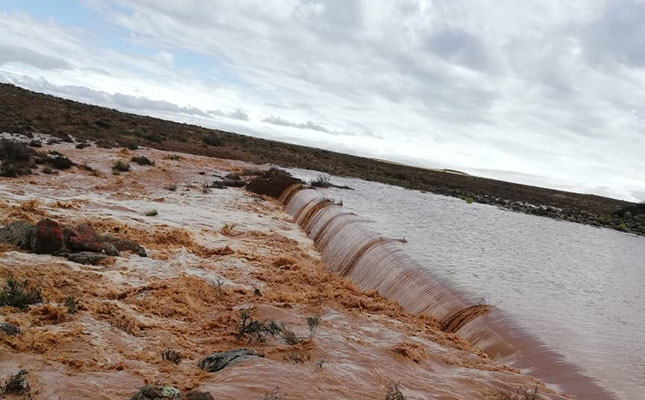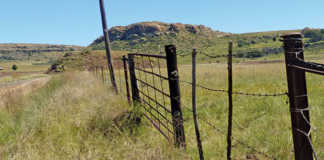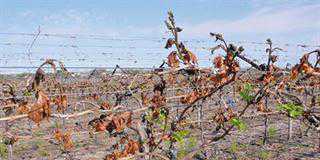
Photo: Tilla Nel, Agterplaas, Calvinia/Facebook
While the Agbiz/IDC Agribusiness Confidence Index (ACI) showed that agricultural businesses’ confidence is at its second highest level in 20 years, this positive sentiment is not shared by all stakeholders.
Wandile Sihlobo, chief economist at Agbiz, said the ACI results reflected a favourable outlook for the 2021/22 production season.
“The higher commodity prices, combined with the excellent weather outlook on the back of a La Niña [weather] event, are conducive to agricultural activities, and could help farmers offset the higher input costs that [they] incurred at the start of the season.”
This survey was conducted over the last two weeks of November, and covered agribusinesses operating in all agriculture subsectors across South Africa.
Dr John Purchase, CEO of Agbiz, said one of the indicators that farmers were doing well was the fact that banks’ non-performing agricultural loans were very low, which implied that farmers had the ability to service their debt.
Paul Makube, senior agricultural economist at FNB Agribusiness, said in a statement that the ACI indicated robust domestic trading conditions and another year of a favourable seasonal production outlook (2021/22).
“This survey’s outcome suggests that while recent input costs escalations are likely to erode producer margins, the relatively higher agriculture commodity prices and another excellent seasonal outlook following the 2020/21 bumper harvests far outweighed these concerns,” he added.
However, Dr Theo de Jager, president of the Southern African Agri Initiative (SAAI), told Farmer’s Weekly that many farmers had been greatly reliant on donations from the public over the past eight years.
“If it was not for the support from the public, we would have lost a thousand farmers in the Northern Cape alone.”
Bennie van Zyl, general manager of TAU SA, concurred, saying it would irresponsible to state that it was going well with all farmers, as while this could be true for grain farmers, it was not true for all farmers of other commodities.
“The farming situation differs from farm to farm and district to district. Last week I was in the Northern Cape. We visited many drought-stricken areas such as Pofadder, Springbok, Calvinia and Strydenburg.
“While we are thankful for the rain that they received, it will take a long time for the farmers to recover. On many farms there are no sheep left.”
In addition, Andrea Campher, Agri SA’s risk and disaster manager, added that the state of drought disaster declared by the National Disaster Management Centre in the Western Cape, Northern Cape and Eastern Cape during July, had not yet been lifted.
“Just because we’ve received good rainfall, does not mean that our farmers are out of the woods yet. Though dams are filling up nicely, it will take farmers years to recover from this disaster alone.”
Besides drought, many provinces had also suffered serious fire damage this year. Campher said Agri SA’s relief fund had paid out R2,35 million to bring relief to farmers in North West, the Eastern Cape and Northern Cape in 2021 alone.












